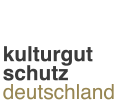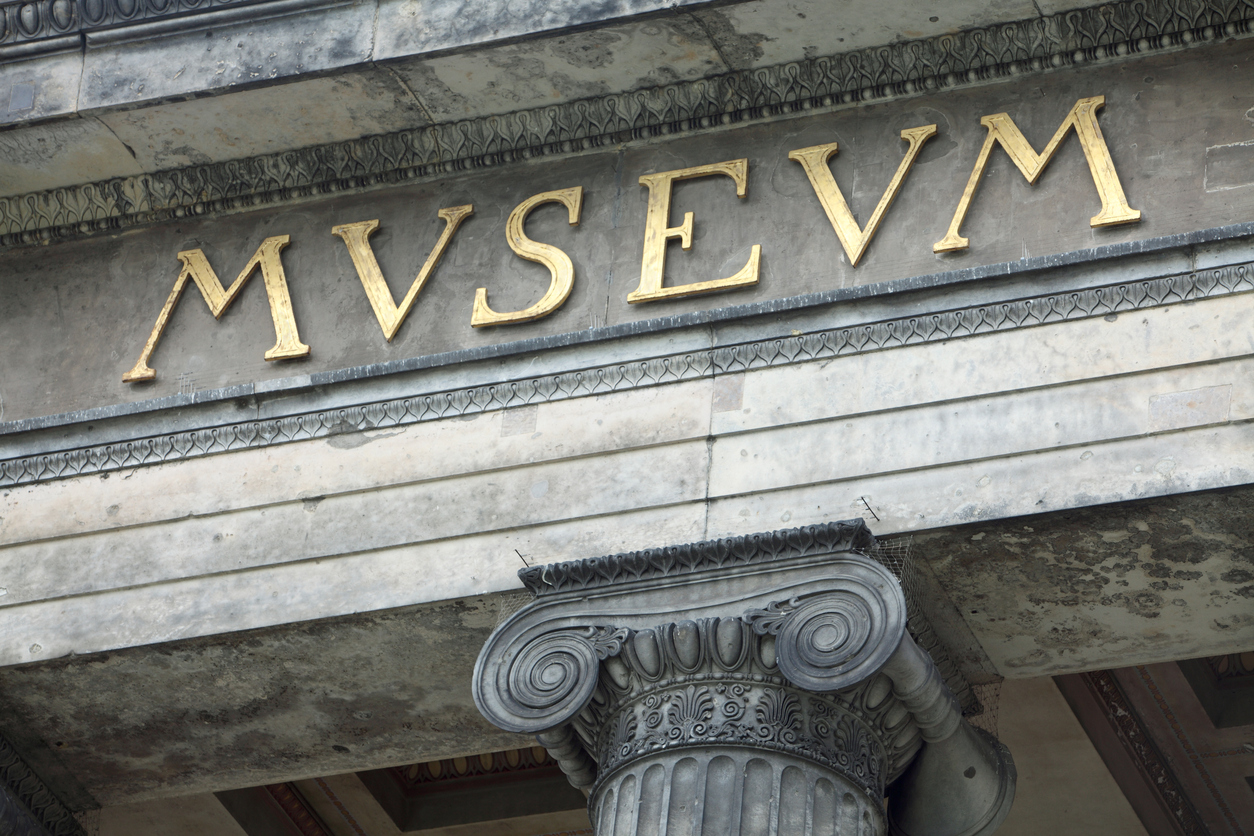Institutions responsible for preserving cultural property
The German Act on the Protection of Cultural Property (Kulturgutschutzgesetz, KGSG) contains many provisions – for example those relating to national and international loans or to return proceedings following the unauthorized removal of cultural objects to another country (e.g. as a result of theft) – that promote the interests of museums and other institutions responsible for preserving cultural property, such as libraries and archives. It also contains provisions that promote the interests of private lenders.
New protection status: “national cultural property”
The special status of “national cultural property” conferred by law upon holdings pursuant to Section 6 (1) KGSG, i.e. even without an entry in a directory of nationally valuable cultural property, is of enormous significance for the publicly funded institutions responsible for preserving cultural property that own these holdings.
This protection status is conferred upon publicly owned cultural objects that belong to the holdings of a public-law institution responsible for preserving cultural property, and cultural objects owned by and belonging to the holdings of an institution that is responsible for preserving cultural property and that is mainly financed from public-sector grants.
The special protection status of “national cultural object” means that, if the object is illegally exported from the protected holdings, for example after a theft, return proceedings can be initiated under EU or international law, opening up avenues for recovering the objects that go far beyond a simple claim of ownership.
Return proceedings of this kind can be initiated under EU law and international law regardless of whether ownership has changed in the meantime (as a result of a good faith purchase, for example), and the period of limitation (75 years) is more than twice as long as that granted under civil law for recovery proceedings based on a right of ownership. Finally, return proceedings under EU or international law are initiated in the respective country by the Federal Republic of Germany on behalf of the party in question, which is an advantage that should not be underestimated, particularly in the case of proceedings abroad.
Prior to 2016, protection of this kind was granted only to individual cultural objects entered into directories of nationally valuable cultural property. Quite apart from the significant effort that would have been involved in applying for the entry of all the relevant objects, institutions responsible for preserving cultural property were often loath to operate a “two-tier system” as far as their holdings were concerned.
Loans by private owners to German institutions whose holdings are eligible for protection under Section 6 KGSG can benefit from this protection if and in so far as they wish. The Act therefore imposes a new obligation on institutions responsible for preserving cultural property that accept loans; pursuant to Section 6 (2) KGSG, they are obliged to “inform lenders” about the option of benefiting from this protection.
Legislative provisions relating to loans
The activities of museums, libraries and archives are directly affected by the provisions of the Act on the Protection of Cultural Property. This is particularly true in respect of loans of cultural property in connection with exhibitions or research, both those from other countries to Germany and those from Germany to other countries. With a view to promoting loans of this kind, the legislator has furthermore adopted a number of provisions that place particular emphasis on the interests of German and foreign lenders.
A detailed explanation of the significance of the legislative provisions for institutions responsible for preserving cultural property can be found in Annex 9 to the Guidance on the Act on the Protection of Cultural Property entitled “Explanatory notes for museums” (available in German).


